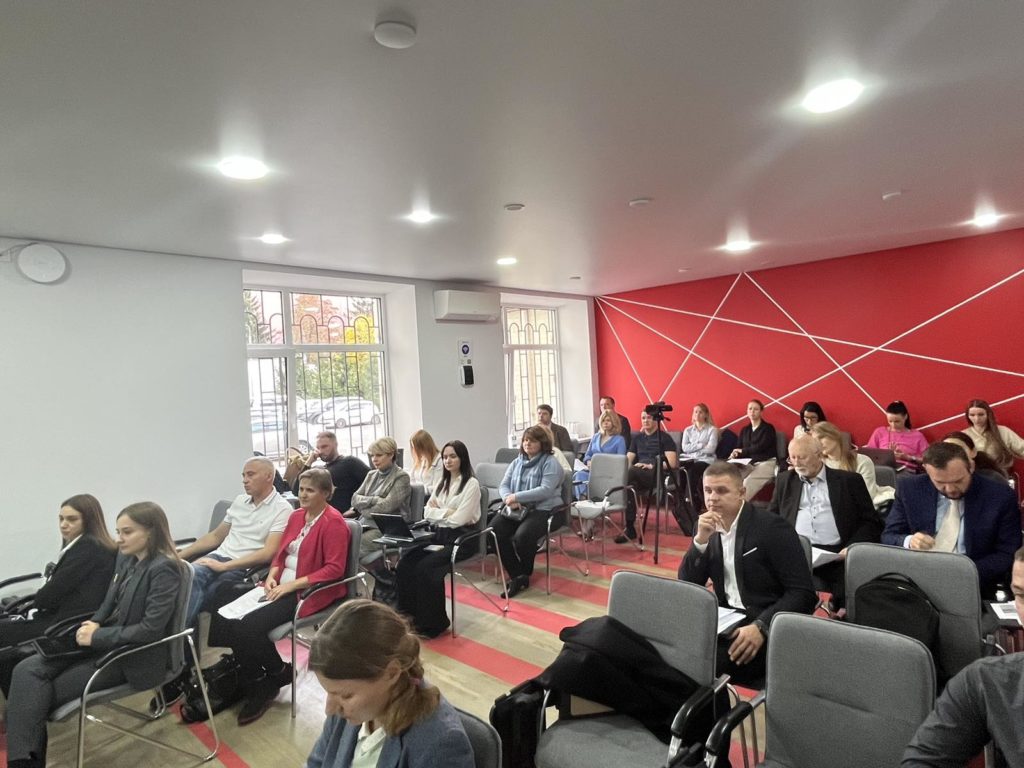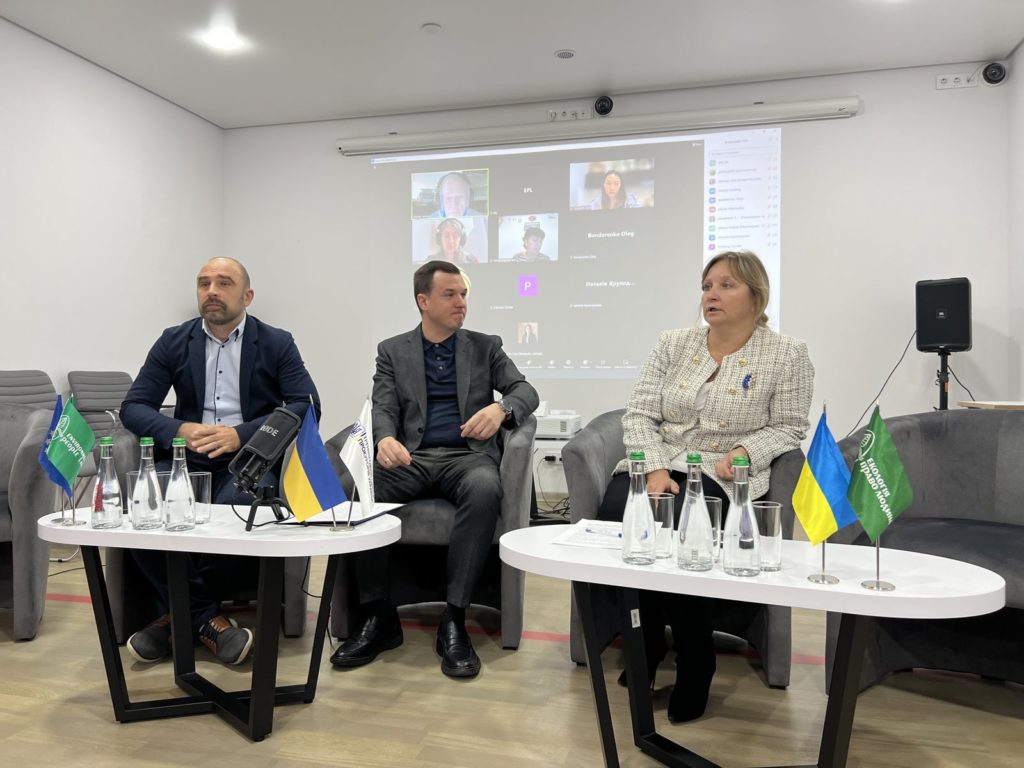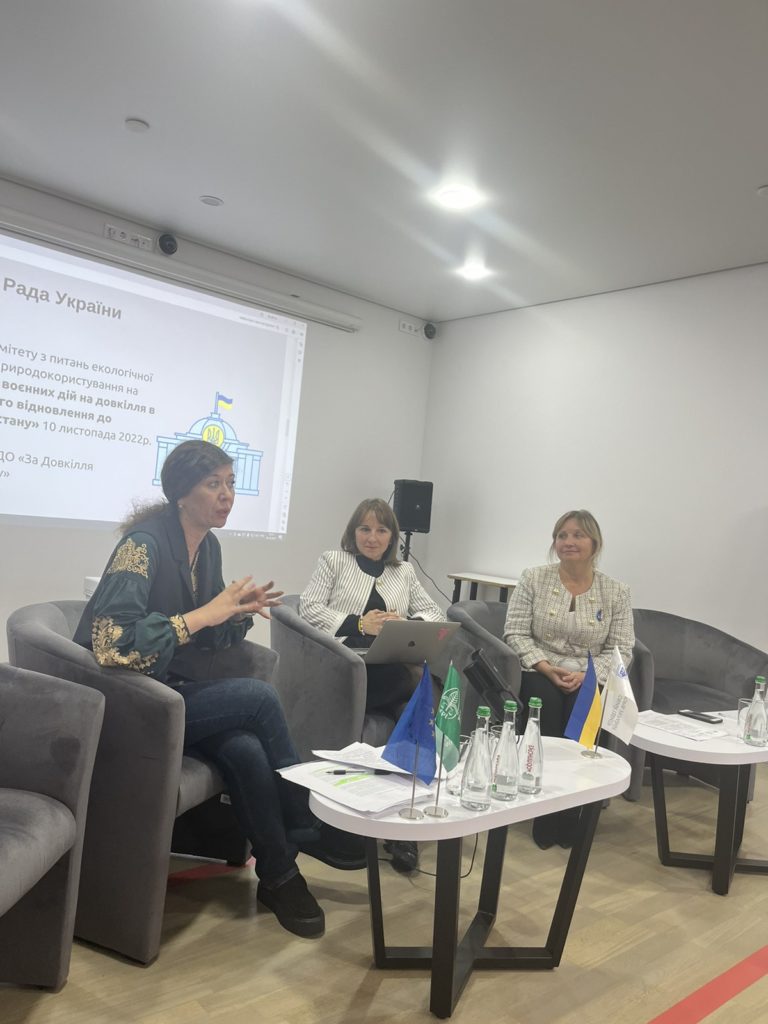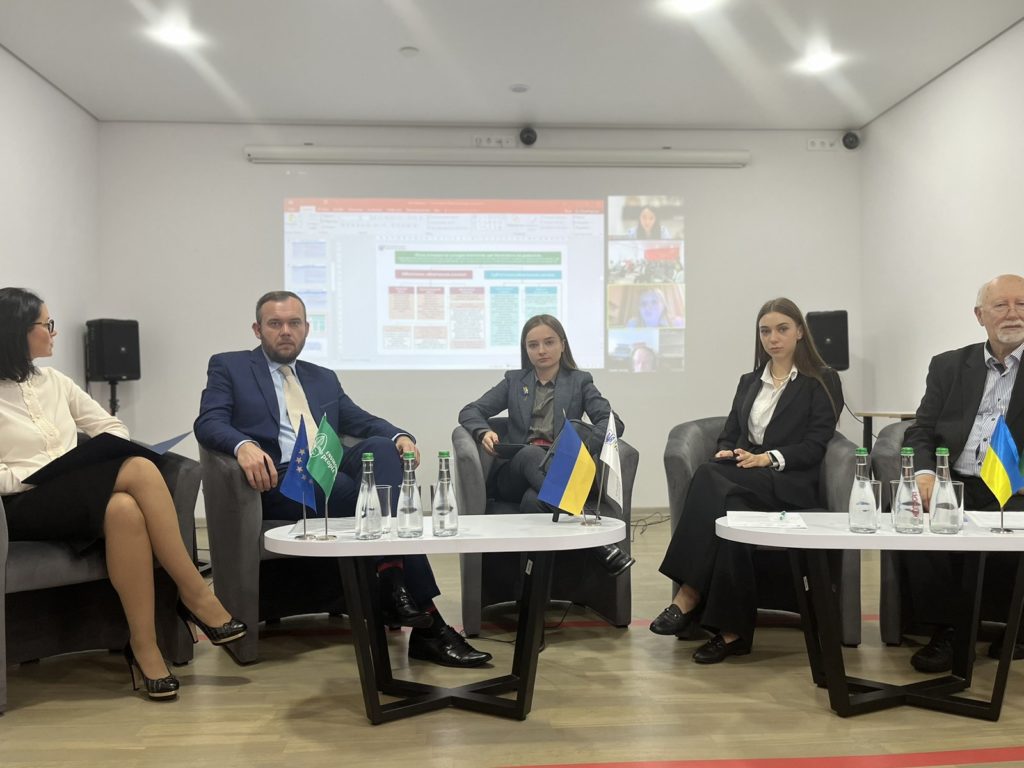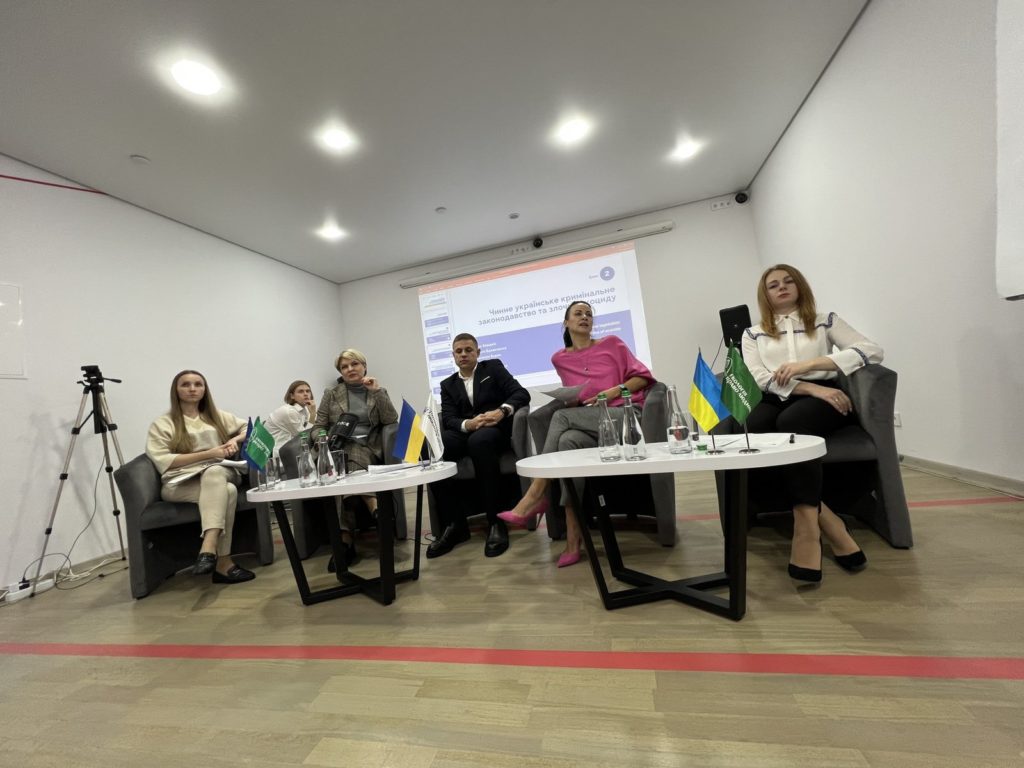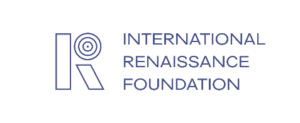October 27, 2023
Afterword to the international seminar
The international seminar “Legal qualification of crimes against the environment: joining efforts at the national and international levels” became the forum for discussing issues related to the fight against environmental criminal offenses and the problems faced by the country and the international community. Just to remind, the event took place on October 26, 2023 in Kyiv. (The first publication about the event see here). The participants of the event, which involved national and international specialists, scientists and practitioners in the field of law, shared numerous insights and opinions related to the assessment and prosecution of persons who violate environmental regulations.
For example, Oleh Bondarenko, the head of the Parliamentary Committee on Environmental Policy, emphasized that the composition of criminal offenses against the environment needs serious rethinking and reform. Remedies to such offenses require compliance with the highest standards and should envisage stricter sanctions.
Shirleen Chin, a member of the Commission on Environmental Law of the International Union for Conservation of Nature, described at the seminar the steps of criminalization of the crime of aggression in the Rome Statute, indicating that this process took 20 years. The working group that worked on formulation of the crime of aggression spent about 6 years before they could publicly demonstrate a version of the text of the corresponding article, and even such a version required constant compromises.
One of the main drawbacks of applying provisions of international law, which was emphasized at the seminar, is that states can sign treaties and criminalize certain acts, but at the same time adopt provisions that provide an opportunity to evade responsibility. Unfortunately, under such conditions, doubts often arise regarding effectiveness of international norms and control mechanisms.
In view of the above, the idea of formalizing ecocide based on a custom coming from customary law (which still needs to be formed regarding ecocide) became important, because it can contribute to a more effective solution to problems in the area of environmental protection.
EPL executive director Olena Kravchenko, in her welcome speech, first of all drew attention to the fact that evidence of crimes against the environment must be proper and admissible. According to her, lawyers face the task of correctly interpreting numerous facts of the total destruction of animal and plant life. In addition, Olena Kravchenko emphasized that we need clear definitions, which are lacking in the legislation, for example, what long-term recovery means, how long can it last – 3 years, 10, 50 years? She also drew attention to the fact that destruction of the environment during the war is one thing, and destruction of the environment by Ukrainians at different levels and by different entities is another thing. As an example, she spoke about the plans of investors to destroy the unique Borzhava and Svydovets mountain ranges in Zakarpattia.
Wouter Veening, co-founder of the Institute for Environmental Security, among other things, voiced a very important for general understanding opinion that in Russia the existing legislation and its application by the dictator’s regime are very different, sometimes diametrically opposite phenomena. This also applies to criminal offenses against the environment. The expert also emphasized that the wording of the war crime against the environment defined by Article 8(2)(b)(iv) of the Rome Statute is very difficult to apply, and the international community has an opinion that it is quite difficult to ensure sufficient evidence base for this. However, Ukraine is the leader on the way to formation of proper practice of applying this norm, and the world community should support our state on this path.
Yulia Ovchynnykova, MP of Ukraine, head of the Subcommittee on Forest Conservation and Biodiversity, spoke about the role of PACE in promoting the issue of ecocide. The MP emphasized that by making a number of decisions in interests of Ukraine, the PACE demonstrated its effectiveness as an international body. Currently, active work is being done and important decisions are being made within PACE in order to promote the issue of ecocide at the international level.
Doctor of law, professor Borys Babin indicated that a significant aspect may be the difference between definitionі of ecocide under Ukrainian law and international law. This divide may arise from differences in legislative approaches and definitions. But it is important to realize that this difference is normal, as different countries may have their own approaches to defining and regulating ecocide, and international law is inherently different from national law. The main thing is that all these approaches contribute to the protection of nature and become an important step towards creating a stable and environmentally responsible policy of the future.
Andriy Andrushko, doctor of law, professor of Uzhhorod National University, indicated that from the point of view of the effectiveness of applying and understanding ecocide, it is important to move away from anthropocentric approaches and prioritize protection of the environment. The professor recminded the participants that the International Criminal Court was repeatedly criticized for not considering cases on environmental protection.
Representative of the Ministry of Justice of Ukraine, Pavlo Otenko, spoke about the fact that the process of compensation for the damage caused by the war should be focused on the victims. Such a victim-centric approach involves taking into account interests of the state, individuals and legal entities affected by environmental violations. The first quarter of 2024 is expected to be the start of accepting applications from injured parties who intend to seek compensation. Despite this, it is important to note that the automatic transfer of data from Ukrainian registers to international registers is not envisaged, which emphasizes the importance of active participation and initiative of injured persons and organizations in the process of ensuring compensation for damages.
According to another speaker, Inna Berdnik from the analytical department of the Prosecutor’s Training Center of Ukraine, we need a clear qualification of crimes against the environment. If the law refers to the massiveness or scale of the consequences, then clear definitions are needed in the Criminal Code so that prosecutors can work properly. In addition, she noted that the war in Ukraine proved the inadmissibility of decriminalizing ecocide.
The opinions and reasoning of each of the speakers and participants of the seminar became an important impetus for further development, improvement of the current legal system of Ukraine and solution of a number of extremely painful issues for our state. We sincerely hope that the exchange of views that took place during this international seminar will not stop after its end, and the communication between authorities, scientists and civil society actors will intensify.
Organizers of the seminar: the Office of the Prosecutor General of Ukraine, the Prosecutor’s Training Center of Ukraine, the Ministry of Environmental Protection and Natural Resources of Ukraine, inter-factional union of the Verkhovna Rada of Ukraine “For the Environment, Against Ecocide”, International charitable organization “Environment-People-Law”.
This event was held with the support of International Renaissance Foundation. Its content is the exclusive responsibility of the authors and does not necessarily reflect the views of International Renaissance Foundation.

